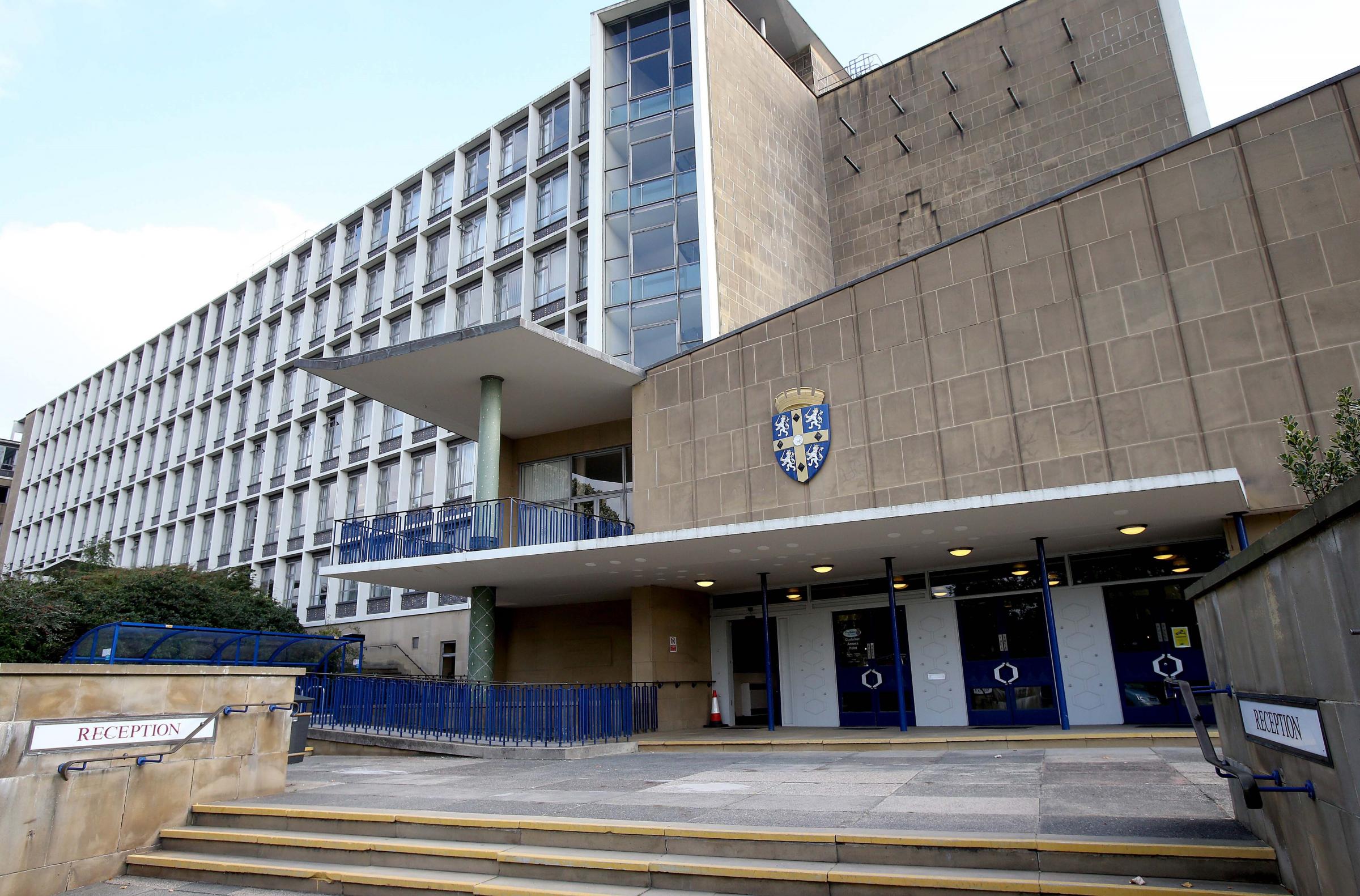Families will see front line services protected as Durham County Council looks to minimise the impact of continuing austerity through plans backed by the majority of residents. Councillors will hear on February 8 how the authority must cut £36 million from its revenue budget in 2017/18 as part of £245 million of savings between 2011 and 2020. Council leader Cllr Simon Henig said: “The impact of above average funding reductions for seven years has left Durham in a position that is neither proportionate nor fair. “Even the government’s own spending calculations show that Durham receives approximately £200 less per household than the average for England, and almost 20 per cent less than Surrey, where the local authority is looking to raise its council tax rate by 15 per cent. This cannot be right and we are now seeing the results of a funding system that does not take account of need.
“Despite this we are continuing to work hard to provide the highest levels of service across the county and there is still much for us to be proud of in County Durham. “In 2017 we will focus on our key priorities, continuing to encourage the growth of our economy, redoubling our efforts to make Durham a safe, clean and green place to live.” The council has identified £23.4 million of savings in 2017/18, with a public consultation in autumn 2016 finding almost two thirds of residents who responded backed the authority’s plans on how to make them. The remainder of the budget shortfall would be met with £12.6 million from the council’s Budget Support Reserve – delaying the impact of cuts on front line services for as long as possible. As part of the budget for 2017/18, council tax would rise by 1.99 per cent and in line with Governments plans to fund social care pressures through local council tax – a further 2 per cent Adult Social Care council tax precept will be charged. In agreeing these increases, the council has declined the government’s offer to increase the Adult Social Care council tax precept by 3 per cent in 2017/18 given the additional burden this will place on council taxpayers across County Durham. The council is also continuing to protect services prioritised by the public, such as job creation and winter maintenance, whilst also supporting a fully funded capital investment programme.
Council deputy leader, Cllr Alan Napier, said: “Times are still incredibly tough for us but through our careful management of the council’s finances over the last seven years we have put money aside in reserves and are able use them to protect services for as long as we can. “By the end of 2016/17 we will have made £186 million of savings and yet we face almost £60m more over the next three years, taking us up to a decade of unprecedented austerity. I am pleased to announce that yet again we are still able to maintain the current Local Council Tax Reduction Scheme, which helps those who would have previously received support under the Council Tax Benefit system. This is despite Government funding for the scheme being cut as part of austerity measures. “That is a significant achievement and we are one of just a small number of councils across the country that have been able to maintain this support at a time when working age households are suffering from the continued impacts of the government’s welfare reforms.” A report on the Medium Term Financial Plan 2017/18 to 2019/20 and Revenue and Capital Budget 2017/18 will be presented at a meeting of the council’s Cabinet on Wednesday February 8th. For more information visit democracy.durham.gov.uk










